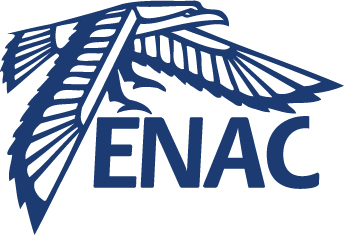LDPC Channel Code Optimization for a GNSS CSK-Modulated Signal
Résumé
In order to address the Global Navigation Satellite Systems (GNSS) signal data rate increase challenge, as well as the GNSS signal data availability in urban environments issue, this paper proposes a new designed GNSS signal. Code-Shift Keying (CSK) modulation has been chosen as an alternative to current Binary PhaseShift Keying (BPSK) since it allows increased data rates and non-coherent demodulation. In addition, the new CSK-modulated signal is protected by a Low-Density Parity-Check (LDPC) channel code, as in the latest GNSS designed signal, GPS III L1C. Firstly, an asymptotic analysis is done via EXtrinsic Information Transfer (EXIT) charts in an Additive White Gaussian Noise (AWGN) propagation channel, to show that bitinterleaved iterative decoding for a CSK-modulated signal (consisting in adding a soft feedback between the LDPC decoder and the CSK demodulator) can significantly outperform non-iterative decoding. Based on this analysis, an asymptotic optimization is performed in order to design the optimized LDPC channel code profiles, for a CSK-modulated signal, in an AWGN propagation channel and for iterative decoding. From these results, finite length parity-check matrices have been generated thanks to state of the art algorithms such as the Progressive Edge Growth (PEG) algorithm, and simulation results are presented. Finally, in an AWGN context, the current GPS L1C subframe 2 (used as a benchmark) demodulation performance is compared to the demodulation performance obtained for CSK-modulated signals with 2 bits and 6 bits per CSK symbol, protected by different optimized LDPC channel codes and iteratively decoded. The results show that a CSK-modulated signal iteratively decoded and implementing the LDPC codes optimized in this work, exhibits a decoding gain of 0.6 dB for 2 bits per CSK symbol and of 1.2 dB for 6 bits per CSK symbol with respect to the current GPS L1C subframe 2 LDPC code. The study has been made in an AWGN propagation channel as a first step, but results are really promising for urban propagation channels.
Origine : Fichiers produits par l'(les) auteur(s)
